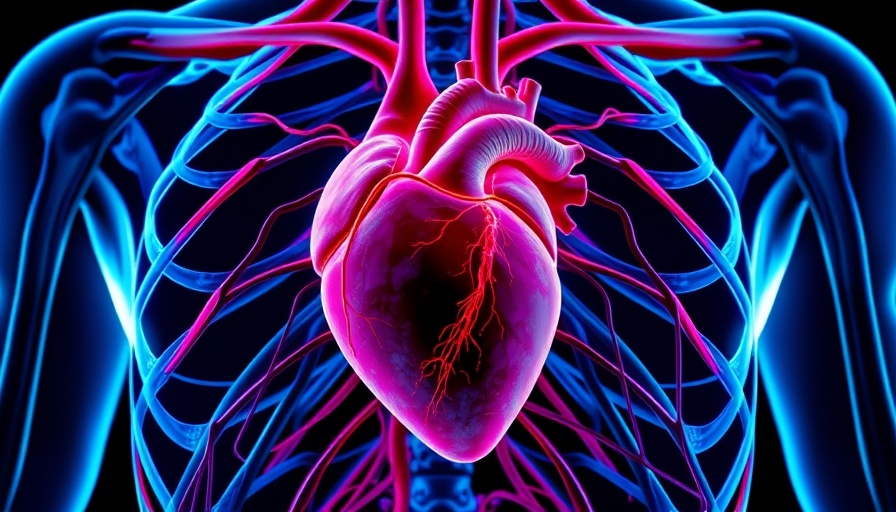
Understanding Mavacamten and Its Challenges
Mavacamten (Camzyos) has been a topic of much hope in the treatment of hypertrophic cardiomyopathy (HCM), yet recent findings have unveiled its limitations, particularly in nonobstructive HCM cases. In a Phase III trial known as ODYSSEY-HCM, mavacamten did not yield results significantly better than a placebo for symptomatic nonobstructive patients. Participants in the trial showed only slight improvement in their functional capacity and health status, with statistics highlighting a +0.52 ml/kg/min increase in peak oxygen uptake compared to +0.05 ml/kg/min for placebo (P=0.07) and a Kansas City Cardiomyopathy Questionnaire (KCCQ) score increase of +13.1 points versus +10.4 points (P=0.06).
Current Context of Nonobstructive HCM Treatments
Currently, there are no FDA-approved treatments specifically designed for symptomatic nonobstructive HCM, leaving patients with limited options. Common off-label drugs such as diuretics, beta-blockers, and calcium channel blockers have been used but often come with significant drawbacks. As Dr. Milind Desai from the Cleveland Clinic pointed out, existing treatments primarily manage symptoms rather than tackle the underlying issues of the disease.
The Implications of Trial Findings
The trial’s results, described as disappointing, raise substantial questions about the future of treatment for nonobstructive HCM. Dr. Christopher Kramer, president of the American College of Cardiology, expressed concerns about whether the advanced disease of participants affected the results. With a trial population diagnosed with HCM for over ten years on average and 30% having documented atrial fibrillation, further analysis is necessary to explore if different patient subgroups may respond more positively to mavacamten.
Exploring Potential Subgroup Responses
In light of the negative trial outcomes, Dr. Desai's team is actively researching whether any specific patient subgroup might still benefit from mavacamten. Their ongoing responder analysis aims to identify potential variations within the diverse patient population that could lead to positive treatment outcomes.
What Lies Ahead for HCM Therapeutics
The journey for effective nonobstructive HCM treatments continues. Even though mavacamten has proved successful in treating obstructive HCM since its approval in 2022, the recent data from the ODYSSEY-HCM trial suggests a critical need for better patient characterization. As Dr. Filippo Crea of Gemelli Hospital noted, examining patient profiles more closely could help researchers develop a tailored approach to treatment.
Final Thoughts on HCM Therapy Development
The road to finding effective therapies for nonobstructive HCM is fraught with challenges. While the existing data may be disheartening, the ongoing research into subgroup analysis offers a glimmer of hope. The medical community’s commitment to deepening the understanding of HCM could lead to better therapeutic strategies that genuinely improve patients' quality of life in the future.
 Add Row
Add Row 

 Add
Add 


Write A Comment